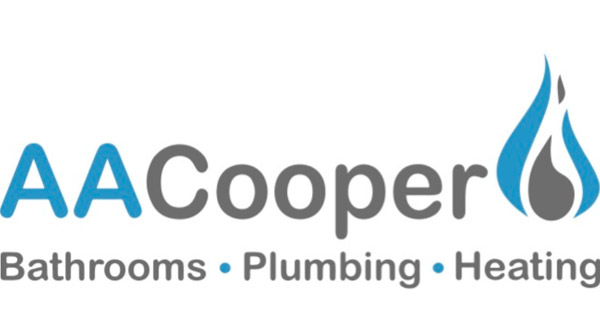More than a quarter of UK homes suffer from damp and mould, according to new research by University College London (UCL). Experts say that six and a half million homes (approximately 27% of the total) are not being properly heated, and with the ongoing cost of living crisis many are choosing to reduce ventilation and heating to save money. Preventing damp in the home is, however, crucial to maintaining a healthy and comfortable living environment.
Here are ten top tips to help you avoid damp issues (in warmer and colder months):
Insulate Properly: Ensure your home is adequately insulated. Proper insulation not only helps regulate temperature but also prevents condensation on walls and ceilings.
Control Indoor Temperature: Maintain a consistent indoor temperature. Sudden changes in temperature can cause condensation, leading to dampness. Use heating during colder months to keep the home warm.
Seal Windows and Doors: Check and seal any gaps or cracks around windows and doors. This helps prevent cold air from entering, reducing the likelihood of condensation on surfaces.
Use Moisture-Resistant Paint: Consider using moisture-resistant or anti-mould paint in areas prone to dampness, such as bathrooms and kitchens. This type of paint helps inhibit mould growth.
Keep Furniture Away from Walls: Allow air to circulate around furniture by keeping it slightly away from the walls. This helps prevent the trapping of moisture between furniture and walls.
Use Humidity Monitors: Invest in a humidity monitor (hygrometer) to keep track of indoor humidity levels. Ideally, maintain humidity levels between 30-50%. High humidity can contribute to damp conditions.
Proper Ventilation: Ensure good ventilation in your home by using extractor fans in kitchens and bathrooms. Additionally, open windows regularly to allow fresh air to circulate and moisture to escape.
Use Dehumidifiers: Invest in a dehumidifier to remove excess moisture from the air. This is especially important in areas prone to dampness, such as basements and attics.
Repair Leaks Promptly: Fix any leaks in the roof, walls, or plumbing as soon as they are detected. Leaks can contribute to dampness and provide an environment for mould growth.
Regularly Clean and Ventilate: Regularly clean your home to prevent dust and mould buildup. Ensure that air vents are not blocked and that air can circulate freely throughout the house.
For all your plumbing and installation needs, or energy-related queries, feel free to contact the team on 01689 485007 or info@aacooper.co.uk – we’re happy to help.

